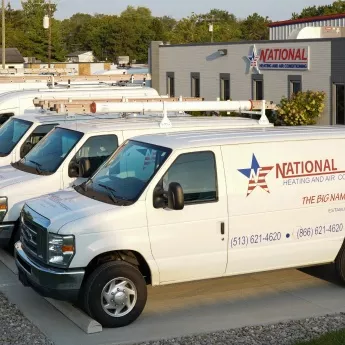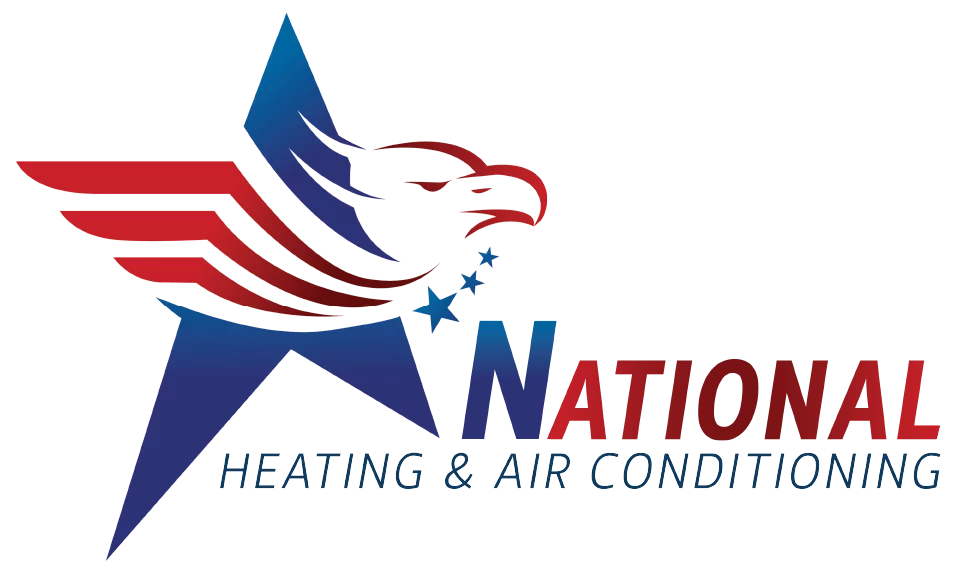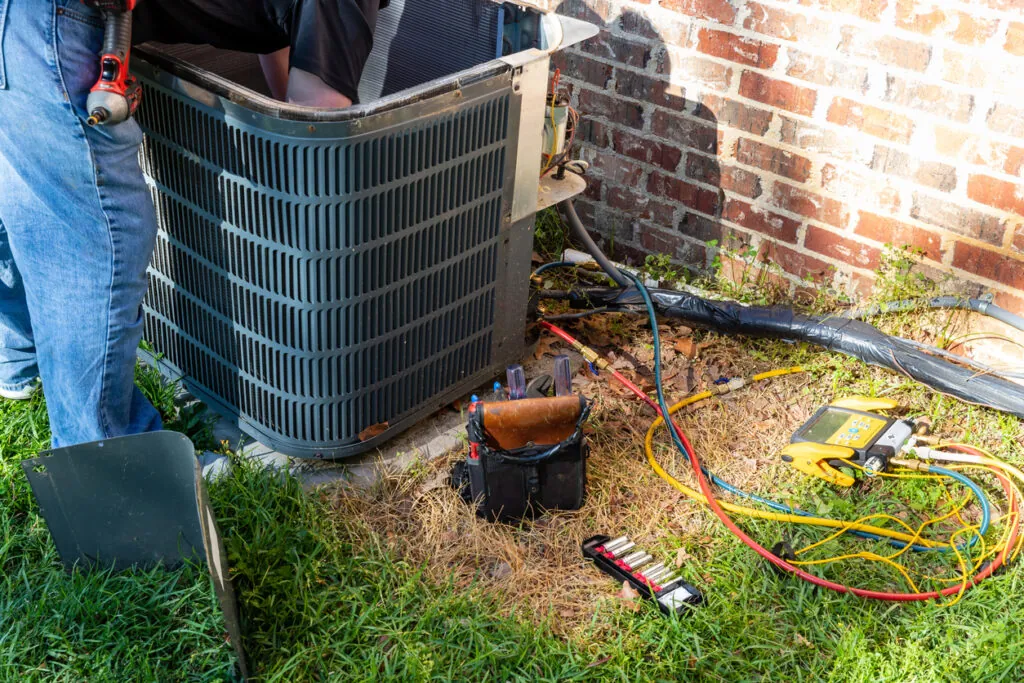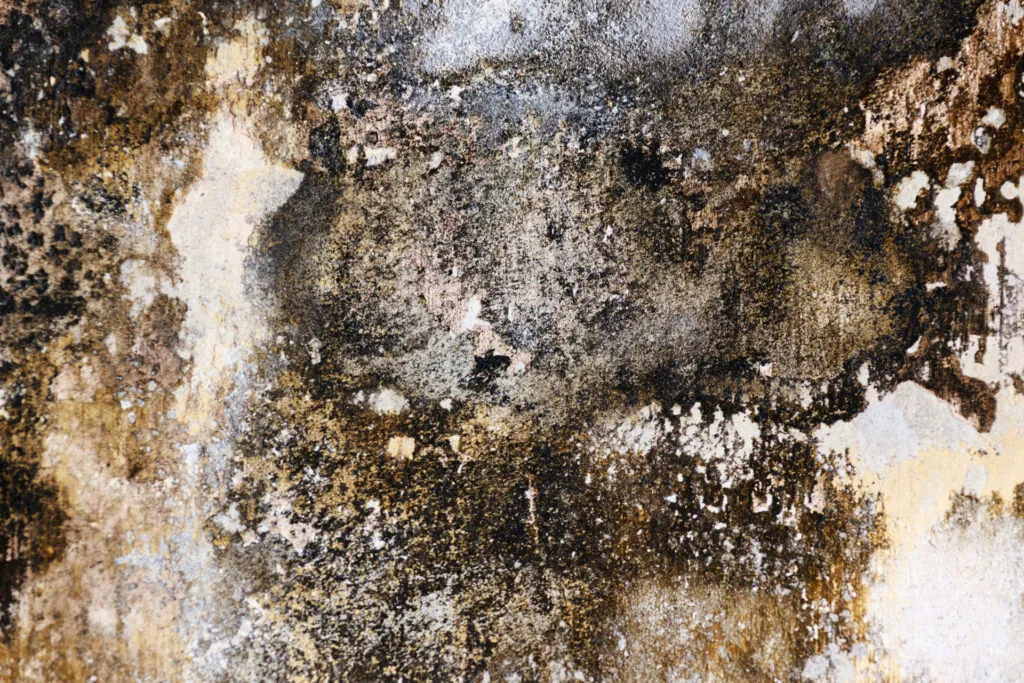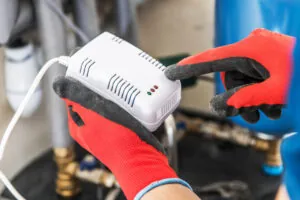Are All Air Conditioner Filters the Same?
Heating and cooling systems incorporate an air filter to clean the incoming air before it is conditioned and distributed throughout the home. In many HVAC systems, the air filter has two distinct jobs. The first is to protect the HVAC system. Dust and other particles can easily cause component wear and can adhere to parts like the blower fan or evaporator, reducing system efficiency. The second job to remove dust, pollen, pet dander other pollutants from the air, which improves indoor air quality and can reduce the symptoms of conditions like asthma and allergies. Some air filters are designed mainly to protect the HVAC system, while others can both protect the system and improve air quality.
The Different Types of Air Filters
There are several types of air filters available classified by type and MERV rating. The MERV, or minimum efficiency reporting value, reflects to the ability of the filter to remove particles from the air, and it can range from one to 20, with a higher rating signifying better performance. The common types of air filters include:
- Disposable filters: These inexpensive filters use flat fiberglass or polyester mesh to remove particles from the air. They typically have a MERV rating of one to four and are designed primarily to protect the HVAC system.
- Reusable filters: Typically made of fiberglass or polyester mesh, these filters can be washed and reused. They have a MERV rating of one to four and are designed to save money over disposable filters, while primarily protecting the HVAC system.
- Pleated filters: These filters use large pieces of fiberglass, polyester, or other synthetic materials that are folded into pleats, to increase surface area and remove more contaminants. They typically feature MERV ratings of five to 13 and can remove about 45 percent of airborne particles. High-efficiency versions can have ratings of up to 16 and will remove up to 85 percent of contaminants, but may be too large or restrictive for many systems. Pleated filters are relatively affordable, work in many systems, and provide significant air quality improvements over disposable or reusable filters.
- Electrostatic filters: Electrostatic filters use an electric charge to attract particles as they pass through the filtering medium. They perform better than disposable filters or basic pleated filters, and they can have MERV ratings up to about 15. Electrostatic filters may not be compatible with all systems.
- HEPA filters: With MERV ratings from 17 to 20, high-efficiency particulate air filters can remove up to 99.7 percent of contaminants, but they also require significant pressure to force air through, making them too restrictive for use in most HVAC systems that were not designed for them. HEPA filters are also more expensive than the other types.
Is There a Difference Between Air Filters and Furnace Filters?
If your home has centralized cooling and heating, the systems use the same filter in the air handler. Most often, this filter is found in the same area as the furnace.
Your home also has filters in each of the air vent intakes. It’s important that you have efficient, well-working filters here as well.
Scheduling a maintenance visit from a professional HVAC company can ensure that all the filters in your home are only helping your HVAC systems run efficiently, and not becoming a detriment to your home’s indoor air quality.
Which Air Filter to Choose for Your HVAC System
For the best indoor air quality, you should choose an air filter with a MERV rating of at least eight to 10. High-efficiency pleated, electrostatic or HEPA filters may remove more contaminants, but they may be too restrictive, too large or otherwise incompatible with your HVAC system. Check your owner’s manual or consult your HVAC provider for more information.
Our experts at National Heating & Air Conditioning can help you choose the air filter that is appropriate for your system and your air quality needs. For an appointment, contact us at today at (513) 621-4620!
Request Service
Fill out our contact form, and one of our team members will reach out to you shortly!
Request Service

